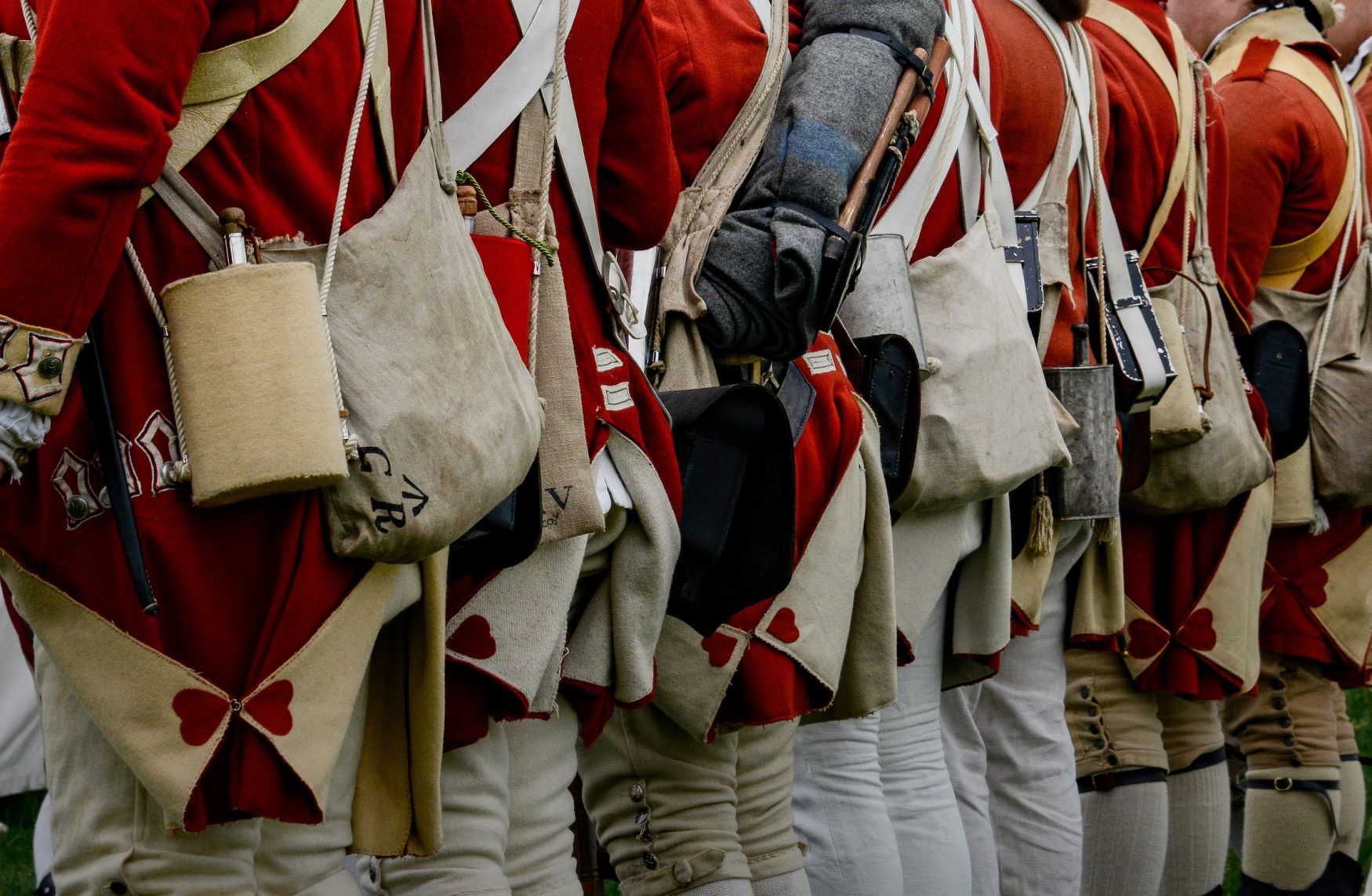
The History of the American Revolution Starts Well Before the Declaration of Independence
The History of the American Revolution is the Story of the Founding Precepts of the United States of America.
The History of the American Revolution represents the drawing together of the disparate forces of the colonists of the Americas, come from Europe.
Congress, originally known as the Colonist’s Congress, was starting to coalesce into some form in 1775, and became properly formulated as early as May 1776.
By the time the Declaration of Independence was drafted and finally accepted in its final form on July 4th 1776, a Continental Congress was the fully formed body, the foundations of what we call Congress today.
The opening shots of the American Revolution were fired much earlier in April 1775, when a division of English Redcoats, as their army was known, killed a group of colonialist soldiers in a clash of arms.
What became the war of the American Revolution or the American war of Independence, only developed slowly from there, but George III, the then King of Great Britain was determined to have obeisance from what he considered his rightful subjects.
After all, these colonists had traveled to America, in part as representatives of the British crown, and, as monarch of Britain, he expected to collect his due taxes from pioneers who were developing these new lands.
However, the time for a challenging of the old world order was here, and the despotic approach to governance of the European way was no longer acceptable to the colonists of the New World.
It is out of the declarations, implicit and explicit, that the foundations of the republic system emerged through the formalizing of Congress and the union of the then 15 colonies that has become the roots of the United States of America.
The Reality Demands Change
The history of the American Revolution shows us the difficulties of operating a war far away from home, which history has given the U.S. plenty more experience of since this war.
While trying to establish a growing frontier of colonists, the British monarchy was demanding payment of taxes, which could more usefully be spent in the purchase of materials, supplies and other necessities in the new land.
For almost 150 years, the mainly British colonists were essentially ignored by Britain, and the ownership of land gave any adult male from Britain a right to vote, which ironically engendered a sense of independence in itself.
That simply served to suggest the greater need for control from Britain, on a colony that was far from home, being far flung across the American continent.
Having sent military forces to America to bring the dissenters back into line, quite logically it devolved to violence and ultimately war to decide the outcome.
To Begin the World Anew
“We have it in our power to begin the world anew… America shall make a stand, not for herself alone, but for the world”
– said Thomas Paine in January 1776.
Indeed, what the history of the American revolution shows is the bigger picture presented by those words; this stand was not just about a group of dissident pioneers usurping Britain’s power and control.
It was a declaration of change on behalf of the civilized world.
The importance of a person’s right to have a say in their destiny.
It did not stop the process of colonialism, but it placed it on a more appropriate foundation.
The End of the Beginning
The Revolution had opened the door to a whole new way of governance, including the democratic approach to the forming of government, and the recognition of the rights of the people being governed.
Of course, with the Declaration of Independence now firmly in place, came the adoption of the “unalienable rights” of life, liberty and the right to happiness.
The order of rule in Europe at the time was much based in corruption, and the elimination of that threat and the inheritance of a democratic republic became the basis for government.
The subsequent history of the American Revolution shows the impact of changes made in the approach to governance reverberated around the world, and were reflected in the governance of other countries.
America stood as an example to the world, as it can still today.

 My First Amazing Ayahuasca Experience
My First Amazing Ayahuasca Experience  Pine Needle Tea
Pine Needle Tea  The REAL Controllers of Humanity: The Papal Bloodlines
The REAL Controllers of Humanity: The Papal Bloodlines  Is it Global Warming or Cooling?
Is it Global Warming or Cooling?  Gun Rights and Obama Examined
Gun Rights and Obama Examined